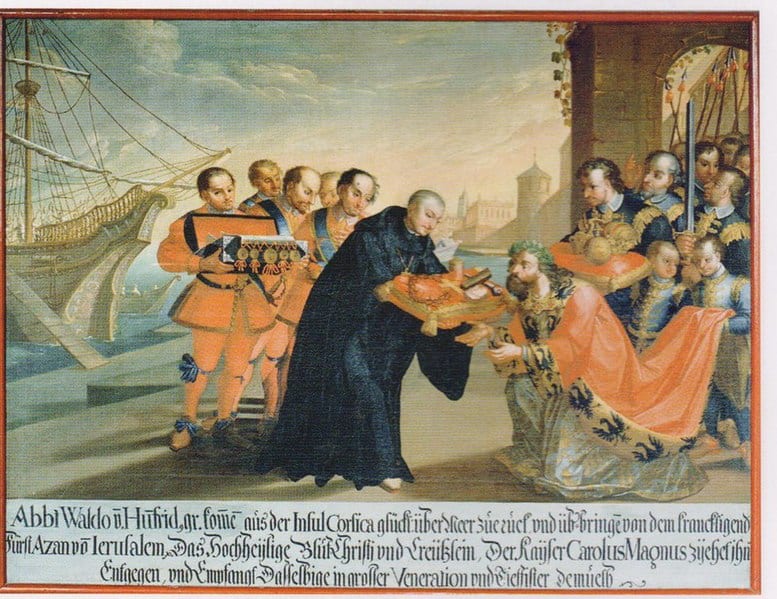
ADVERTISEMENT - CONTINUE READING BELOW
4. The laws requiring trial by ordeals did not apply to all
As societal castes emerged on the European continent and in Anglo-Saxon Britain, the law came to be applied differently throughout civilized society. Some, the wealthy, the nobility, the noted knights and squires, and the bishops and priests of the church were above the need to prove themselves through trials by ordeal. Their word was sufficient to establish their innocence, in the absence of plain evidence to the contrary. If accused, whether or not guilty, they could simply declare the accusations false, and the accuser a perjurer. This placed the accuser under the necessity of establishing their veracity through trial by ordeal unless they too were of elevated station. The accuser could then demand his right of trial by combat, in which guilt or innocence would be established. Trial by combat expanded throughout medieval Europe, a public exhibition by two parties fighting for their lives and reputations.
Anglo-Saxon Britain wholeheartedly absorbed trial by ordeal. They were particularly enamored by the boiling water technique of criminal investigation. The English seldom used trial by ordeal to resolve non-criminal legal disputes, such as property disagreements. And they seldom, if ever, resorted to trial by combat, at least in a judicially sanctioned manner. Not until after the arrival of the Normans in 1066 did trial by combat become widespread in England. A century later, the Assizes of Clarendon made the use of trial by ordeal (boiling water) mandatory in some cases, including theft. Over the ensuing 50 years, its use became less common, and in 1219 Henry III agreed with the findings of the 4th Lateran Council four years earlier and abolished trials by ordeal in his realms. Nonetheless, forms of trials by ordeal continued into the 17th century, primarily as a means of establishing the identities of witches.

